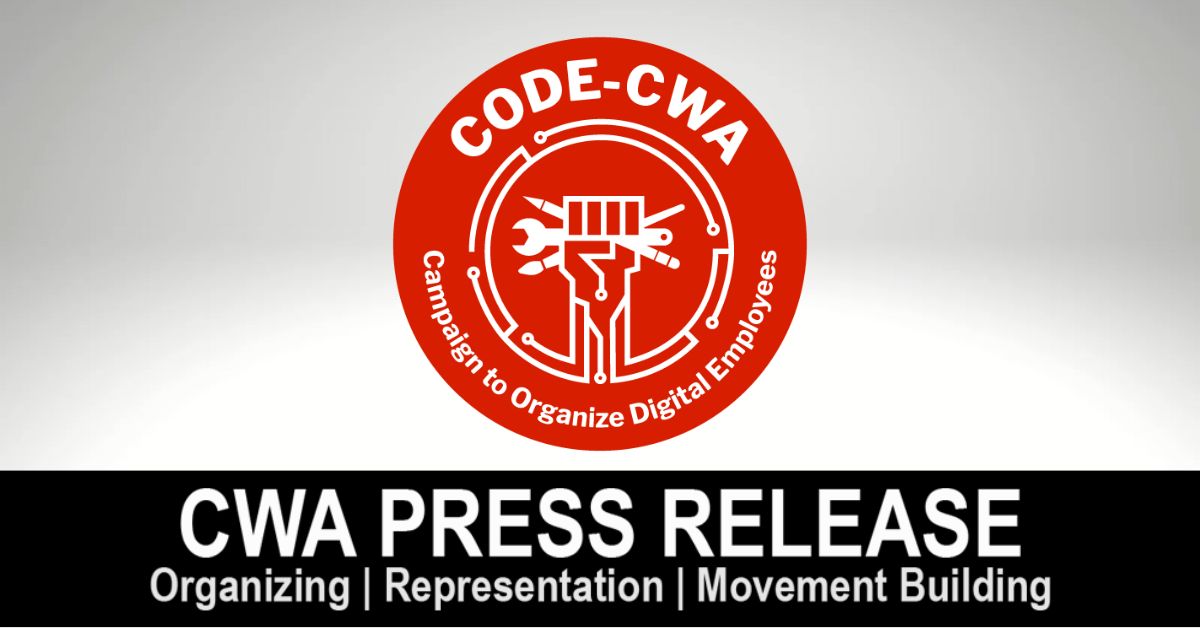- 19 Posts
- 7 Comments
the article doesn’t mention the Free Software Movement even once.
Also the article is making a point that you don’t need to side for genocide to enable a genocide. That’s the whole point.

 7·7 days ago
7·7 days agoyou clearly have no clue what you’re talking about. The federal funding goes to Weizenbaum Institute, that is another very big institution in techno politics and other fields of research. You keep googling shit up.

 8·8 days ago
8·8 days agofunneling of grants towards her dubious work at TUB
Bro, don’t just google shit about scholars you have no clue about and make up fake accusations. She’s not doing research at TU Berlin, she’s just a lecturer there. She’s one of the most famous scholars in this field and she’s associated more strongly with DAIR, which is a thousand times more relevant in this discourse than TU, and DiPLab in Paris.
You clearly just googled her name, checked where she works, and made up some shit.

 25·8 days ago
25·8 days agoalso shaming anybody for the labor they have to do to survive is the most reactionary patronizing bullshit ever.

 2·9 days ago
2·9 days agouser research is a common design and marketing term to mean “identify product consumption and interface preferences”

 0·3 months ago
0·3 months agoTechnology cannot be disentangled from society and the economics that create and develop it. Technology is social process, it is not a technical matter.
The idea that technology is a thing on its own, maybe even with its own agency, is an ideological stance pushed first and foremost by the people you don’t want to hear about exactly for the purpose of obscuring their role in the whole deal.














I don’t know what understanding you have of this topic, but historically and presently, the Free Software movement and the Open Source movement are ideological opposites, with the latter spawning off of the first to accomodate pro-corporate, pro-capitalist positions.
Both of these are also different from the totality of entities proposing “open source licensing”, which is a much broader set.
Then nowadays the Free Software Movement lost its momentum and it has been subsumed into the idea of “FOSS”, but still, it should be treated as its own, dinstinct entity.
Open source is just a technical and legal reflection of a world and a time where Imperial venture capital benefited from the free flow of information. I think the author would agree that, if open source didn’t exist, something else would have enabled similar or different forms of Imperial oppression, including genocide. Same for the start-up ecosystem, digital capital taking over the financial economy and Western democracies and so on. Open Source enabled that? For sure. But if we want to play “what if”, any serious materialist analysis would conclude that Open Source was just a tool for digital capital to express itself and exploit workers. A tool that could have been replaced by something else.